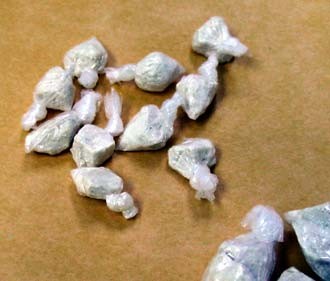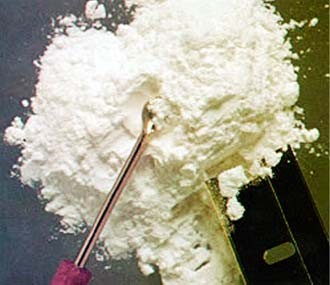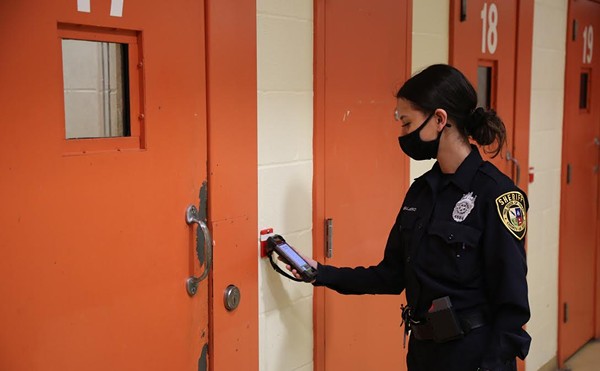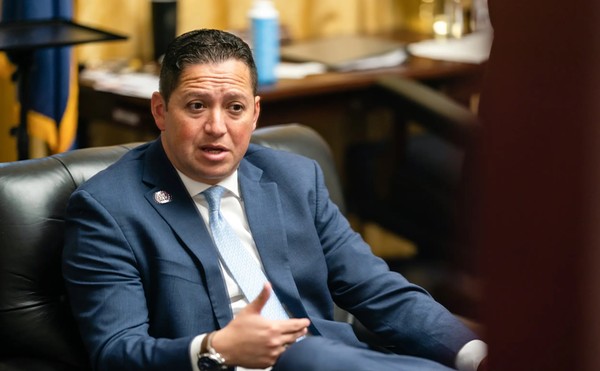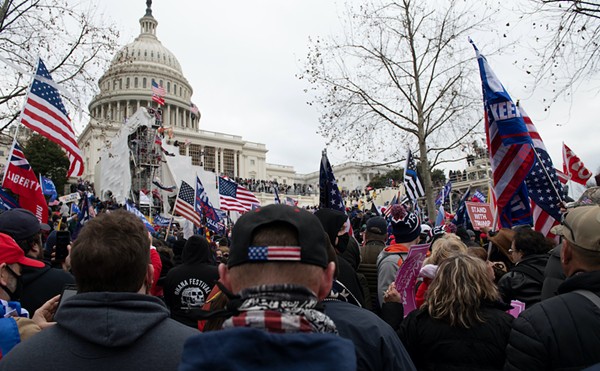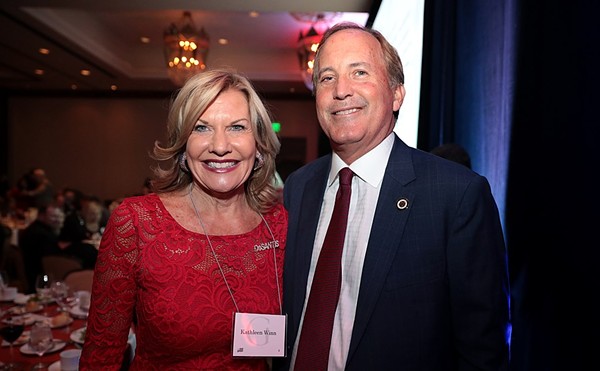|
By Michael Cary The seeds for a new civil rights movement were planted in early April at Texas Southern University in Houston. About 600 people, most of them minorities, descended on the formerly all-black student campus to attend "Breaking the Chains: Communities of Color and the War on Drugs," sponsored by the Drug Policy Alliance. They came from all walks of life: elected officials, civil rights attorneys, community activists, and the formerly incarcerated, including some residents from Tulia, Texas, where a federally funded narcotics task force wrongly targeted the town's small black community. Joe Moore, a hog farmer, was sentenced to 90 years in prison on two counts of cocaine delivery. Task Force Investigator Tom Coleman gathered no evidence, supplied no tape recordings. He merely testified that he wrote notes on his leg as he dubbed Moore the Drug Kingpin of Tulia, a town with a total population of 5,000, only 350 of whom are black. Coleman claimed more than 100 finds of cocaine during an 18-month period. According to a New York Times column in July 2002, law enforcement agents arrested 10 percent of Tulia's small African-American population, and numerous whites who were friendly with blacks. The media covered the drug busts as people were paraded before TV cameras, and their names were printed in the local newspaper, identified as drug dealers. The verdicts were later overturned; Governor Rick Perry pardoned the wrongly convicted. While Tulia is Texas' most notorious case of drug injustice, there are other instances of minorities who were targeted by federally funded narcotics task forces. Regina Kelly, of Hearne, near Waco, was working at her job in a local mall when police arrived with a warrant. "I was working a double shift to earn extra money for Christmas. I thought they had a warrant for traffic tickets. They said, 'It is not tickets'. I went to court, where everybody was charged with dealing with drugs. I said, 'I'm not supposed to be here.'"
"It is still on my record, and it is impossible to get a good job," she said. "The evidence was a tape that had no female voice on it." Eruviel Cruz is an auto body shop specialist who had immigrated to the United States from Guerrero, México, more than 18 years ago. In October 2001, two people arrived at his workplace and asked him to inspect an automobile. "There was nothing wrong with the car. I cleaned the car, and police arrived and searched the vehicle. They said I was under arrest for tickets, and intent to distribute cocaine. I spent three months in jail on a $250,000 bond, and the 20 pounds of cocaine was found to be Sheetrock." It was to become the Sheetrock Scandal of Dallas, Texas a case that is still unfolding. Two drug task force officers brought more than 86 cases against minorities. If a defense attorney had not demanded that the evidence be tested, Cruz and many others would be languishing in prison for possession of gypsum wallboard, a common residential construction material. Drugs have become the principal excuse for locking up black and brown people, explained Deborah Small, director of the "Breaking the Chains" conference, which was held in Houston's predominantly African American Third Ward. "We are chained to negative ways of thinking. African, Latin, Native American, and Asians are the most affected by the war on drugs," Small said. "We fish in dark waters for drug offenders. There are more white people on drugs than people of color." Small contends that the United States was built on racial oppression, with whites on top and communities of color on the bottom. "One group of people who are treated like slaves are felons. One way to oppress is to felon-ize people of color."
During a wrap-up of the Houston conference, people such as Mattie White of Tulia - who saw four of her children imprisoned - networked with people like Joyce Ann Brown of Dallas, who spent more than nine years in prison on a phony armed robbery charge, and who has organized fellow citizens to help other incarcerated citizens and their families. "We don't know much about organizing," White said, "but we're asking for your help. I want all the education I can get. Maybe I'll be like Joyce Brown, speaking like her." "One thing we're charged with is starting a movement," Bledsoe said. "We need to get other organizations to plug in and participate with us, and actually have 25,000 people descend upon the capitol." The seeds are planted. A new civil rights movement is growing. • By Michael Cary
|

